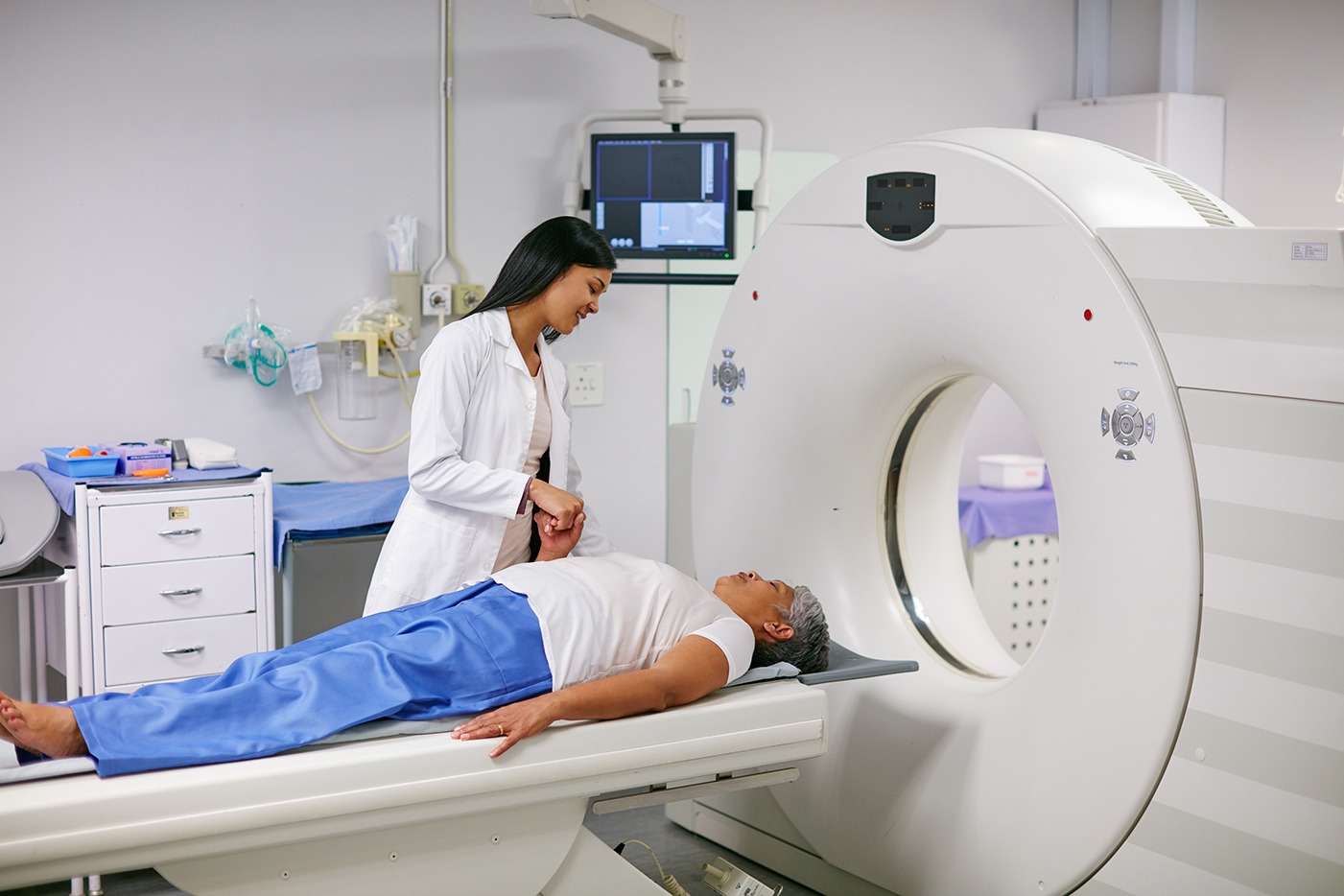Benefits of MRI Breast with Contrast
1] High Sensitivity and Accuracy - MRI with contrast offers superior sensitivity compared to mammography, particularly for women with dense breast tissue. Dense tissue can obscure tumors on mammograms, making MRI a valuable tool in detecting breast cancer at an earlier stage.
2] Detailed Imaging for Complex Cases - For women at high risk of breast cancer or those with a family history of the disease, MRI with contrast provides a more detailed evaluation of the breast tissue. It is also effective for women who have already been diagnosed with breast cancer, helping to evaluate the size, location, and spread of tumors.
3] Non-invasive and Radiation-free - Unlike CT scans, MRI does not involve exposure to ionizing radiation, making it a safer option, particularly for women who require regular monitoring or are concerned about radiation exposure.
4] Effective for Monitoring Breast Implants - MRI with contrast is often used to evaluate breast implants for potential complications such as rupture or leakage. It offers detailed imaging of the soft tissue and implant integrity, which may not be visible on ultrasound or mammograms.
5] Helps in Surgical Planning - For women diagnosed with breast cancer, MRI with contrast can assist surgeons in planning surgeries. By providing an accurate image of the tumor’s size, shape, and location, it helps doctors determine the best course of action for treatment, including whether breast-conserving surgery or mastectomy is necessary.
Why Choose MRI Breast with Contrast in Pune?
Pune is home to a growing number of advanced diagnostic centers and hospitals offering high-quality healthcare services, including MRI breast imaging with contrast. Choosing a trusted diagnostic facility in Pune ensures access to state-of-the-art technology, experienced radiologists, and a comfortable, safe environment for your imaging procedure.
Whether you are undergoing routine screening, dealing with a family history of breast cancer, or evaluating the extent of a previously diagnosed condition, MRI breast with contrast is an excellent choice for obtaining precise and reliable information. Best center in Pune offer MRI Scan with contrast as part of their comprehensive breast health services, ensuring that you receive the best care possible.









